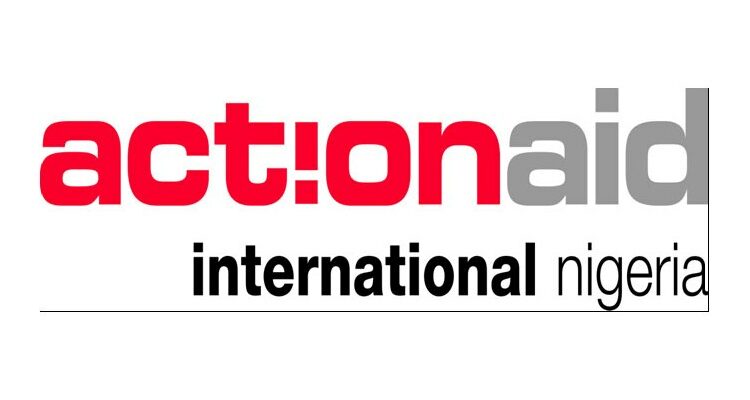ActionAid Nigeria, the federal government, in collaboration with the 36 state governments and development partners, have reaffirmed commitment to strengthen agricultural transformation under the newly adopted Kampala Declaration (2026–2036).
The declaration, which succeeds the outgoing Malabo Framework (2014–2025), seeks to advance food systems transformation, promote inclusivity and improve resilience across Africa.
Speaking at the national summit on the Comprehensive Africa Agriculture Development Programme (CAADP) Kampala Declaration in Abuja yesterday the Minister of Agriculture and Food Security, Senator Abubakar Kyari described the summit as a timely and critical step in translating continental aspirations into concrete national action.
The minister highlighted Nigeria’s progress under the Malabo Declaration, including the establishment of an Agricultural Sector Working Group with 84 entities, provision of 2,000 tractors, 9,200 implements, and spare parts, and the launch of Special Agro-Industrial Zones (SAPZs) in Kano, Cross River, and Oyo states, backed by $538.05 million in investments projected to reach $1 billion by 2027.
Kyari said, “Our challenges require not only innovative solutions, but also coordinated action and unwavering commitment at every level of government.
The CAADP encourages African governments to allocate at least 10 percent of their national budgets to agriculture, aiming for a minimum annual growth rate of six percent in the sector.”
In its analysis, ActionAid Nigeria revealed that Nigeria’s 2025 national budget allocation to agriculture falls 50 percent short of the 10 percent commitment target set by the African Union’s Maputo Declaration.
Food systems specialist at ActionAid Nigeria, Azubike Nwokoye said, future budgetary allocations should be directed to strategic areas like extension services, access to credit and post-harvest loss reduction.
“As at 2025 national budget data, Nigeria is 50 percent away from, attaining the at least 10 percent commitment of national budget for agricultűre sector, Nevertheless, the share of National budget to the agriculture sector in 2025 compared to 2023 is remarkable”, he said.
Earlier, deputy country director of ActionAid Nigeria, Suwaiba Muhammad Dankabo, stressed the need for sustained commitment to agricultural investment.
She said, “Nigeria, with agriculture at the heart of its economy, must align its national strategies with continental goals. Despite challenges, we can turn these into catalysts for change.”
Dankabo noted that ActionAid’s research through its Non-State Actors Toolkit revealed persistent gaps in farmers’ access to finance and land.
Also speaking, Dr. Karin Jansen, Head of Development Cooperation at the German Embassy, announced that Germany and its partners, including the Gates Foundation and the European Union, have committed €107 million to Nigeria’s agricultural portfolio.
She said, “This funding is dedicated to transforming Nigeria’s agri-food system by enhancing food and nutrition security, generating employment, and promoting resilience through climate-smart practices. But success depends on what happens here in Nigeria, how states translate commitments into policies that impact farmers, women and youth.”
Jansen reaffirmed Germany’s support through GIZ and related programmes, stating, “We look forward to the outcomes of this summit feeding into a strong 10-year roadmap that can inspire both national and continental progress.”
Non-State Actors also offered a unified position with commitments to collaborating with the government.
Their formal requests include the domestication of the CAADP Kampala Declaration across the 36 States and the FCT and a renewed push to allocate at least 10 percent of the national, state and local government budgets to agriculture.





